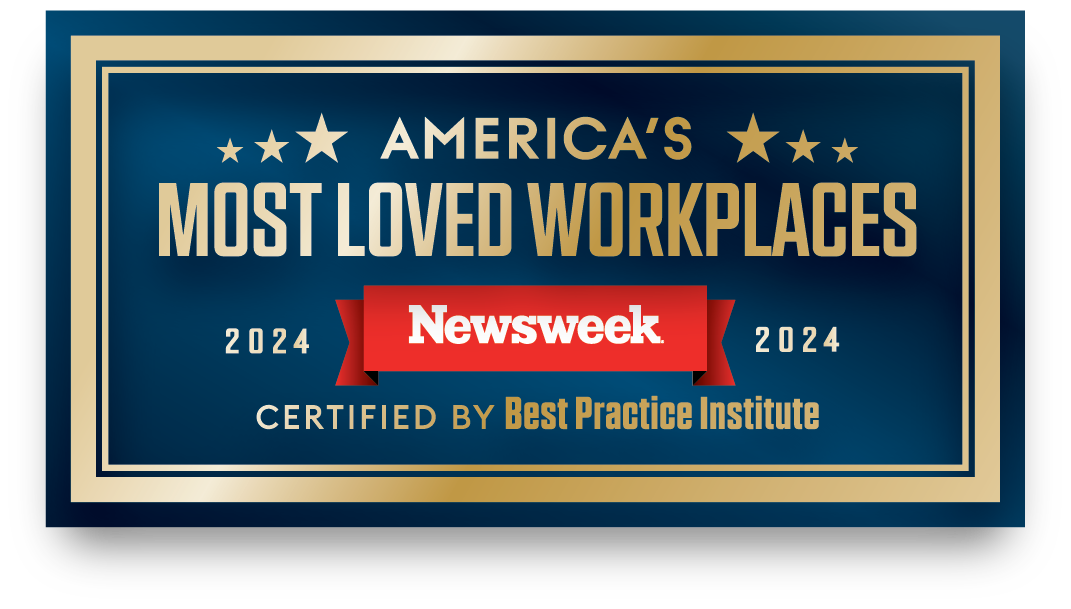Lawsuit over contaminated downtown site heads to Colorado Supreme Court
Source: http://www.csindy.com, February 1, 2017
By: Pam Zubeck
Toxic legacy
On March 4, 2013, Kat Tudor stood in a parking lot in downtown Colorado Springs and got slapped in the face with dust from the lot next door. “I was covered with dirt and choking,” she recalled a few weeks later.
Crews were busy tearing down a brick utilities office building next door to the Trestle Building, where Tudor owns two suites. That dirt, she suspected, held cancer-causing contamination from a city gasification plant that stood there a century ago. She felt sick for days. So later that month, she and her business partner, Don Goede, along with her Smokebrush Foundation, filed suit against the city and the demolition firm it hired to raze the utilities building. They alleged they were harmed when the city and contractor “allowed asbestos, heavy metals and other toxic substances to migrate offsite.” (“Chemical reactions,” Cover, April 24, 2013.)
Four years after the incident, Tudor and Goede will sit before the Colorado Supreme Court on March 9 to watch arguments in their lawsuit. And although it focuses on a small patch of land, the case could have far-reaching impact on how much liability governments must accept for defiling the environment.
“It boils down to the city saying they have governmental immunity,” Tudor explains. “We say, ‘No, you don’t.’ We really believe this could be one of the landmark environmental cases.”
The case has drawn attention from the Colorado Trial Lawyers Association, which supports Tudor’s position, and the Colorado Municipal League and state of Colorado, which have sided with the city.
Between 1880 and 1931, a gas plant operated on the property in question, just south of the Colorado Avenue bridge. Decades after it closed, Colorado Springs Utilities erected an office building there. In 1998, personnel moved to the Leon Young Service Center on Hancock Expressway, and Utilities sold the site to the city for $6 million. Later, it was used by Cottonwood Center for the Arts for a time, and by the police SWAT team for drills involving detonations and rammed doors.
The damaged building’s site lies on the edge of the Southwest Urban Renewal Area and east of America the Beautiful Park. It’s been imagined as the site for a parking garage or a hotel. Just south lies the site for the Olympic Museum and Hall of Fame.
In early 2013, the city hired Hudspeth & Associates of Englewood to raze the building, and on March 4 gusty winds blew debris onto Tudor and the Trestle Building.
During a November 2013 hearing on the city’s motion to dismiss based on governmental immunity statutes, public health expert Dr. Michael Kosnett of Denver testified that surface and subsoils around the building contained carcinogens “100 times more” than federal and state allowances (“Contamination in court,” News, Dec. 11, 2013). He also noted the city knew of the contaminants from studies it had ordered on the property.
The next month, Fourth Judicial District Judge Timothy Schutz ruled that because the property was operated for the benefit of the public as a gas plant, the city’s governmental immunity can be viewed as waived, or not applicable. “The Court finds and concludes that the migration of these alleged contaminants onto a neighboring property constitutes an unreasonable risk to the health or safety of the public, which dangers were known to the city,” Schutz wrote. Hence, he concluded, “the Plaintiffs are entitled to pursue the full panoply of relief available under such claims, whether equitable or monetary.”
The decision essentially allowed the case to be litigated, rather than dismissed, meaning Tudor and Goede could move ahead in proving their assertions and establishing damages due them.
But in February 2014, the city filed a notice of appeal, and in June 2015, the Colorado Court of Appeals reversed the district court’s order, remanding the case back to District Court “with instructions to grant the motion [to dismiss],” the city says in a synopsis of the case. The next month, Tudor and Goede gave notice they would appeal the ruling.
In legal filings to be considered by the state Supreme Court, the city argues that allowing Schutz’s ruling to stand would devastate cities and towns.
“If this Court concludes that the City may be liable to Smokebrush for migrating contamination, that decision will likely allow the imposition of liability on other municipalities for other contamination conditions,” writes Denver attorney Kathleen Byrne, representing the city. (The city’s legal fees are being paid by Hudspeth per contract provisions.) “The potential, and unknown, liability to municipalities could be astronomical. If municipalities are to be liable for continuing underground contamination, from coal gasification sites and/or other industrial sites, the issue is one for the legislature to debate, weigh, and decide in the wider context… That liability, or waiver of immunity, cannot be implied into the [Governmental Immunity Act] now.”
Similarly, Colorado Attorney General Cynthia Coffman’s amicus brief notes the state and its political subdivisions, including counties, have a keen interest in being able to accurately estimate future exposure to liability. “Because this Court’s interpretation of the Colorado Governmental Immunity Act is often determinative of the scope of that liability, the State has a significant interest in advocating a reasonable and balanced construction of the CGIA [which protects public coffers while allowing a claimant to recover damages for a wrongful act].”
Dianne Criswell, legislative and policy advocate for the Colorado Municipal League, tells the Independent in an interview that although the CGIA grants immunity from actions arising from wrongful acts, there are exceptions. And when governments seek to buy insurance to cover wrongful acts, usually there are exclusions for pollution cases. So, she says, one expensive incident might result in an obligation of hundreds of thousands of dollars, especially onerous for a small town. “A single claim could wipe out their budget for a year,” she says.
Which is why the CML wants the Supreme Court to uphold the Court of Appeals decision. But the trial lawyers group backs the plaintiff, arguing that the state legislature never intended for the Governmental Immunity Act, enacted in 1972, to not allow waivers for past wrongful acts.
Tudor moved the Smokebrush operation in July 2013 to Manitou Springs, and she and Goede opened SunWater Spa, also in Manitou, in May 2015. They’ve since rented out the Trestle space, and Goede reports there’s no threat of contamination inside the building. “It’s absolutely safe,” he says, adding he and Tudor spent thousands of dollars cleaning the site.
Tudor says she couldn’t have foreseen the case rising to its current level, but always has been committed to seeing it through.
“It was a fight worth taking on,” she says. “It’s really unfair to stick private property owners with cleaning up contamination caused by the city. It could bankrupt homeowners or small business owners. I believe if you create it, you are responsible for it.”
Noting there are old gas plant sites across Colorado, as well as other festering environmental problems, she says, “It has implication beyond our little plot of ground. Who has the responsibility for cleaning that up? The small business or family that’s affected by it? I don’t think that’s fair, and I hope the Supreme Court also doesn’t think that’s fair. It’s a bigger principle than what happens to me personally.”






